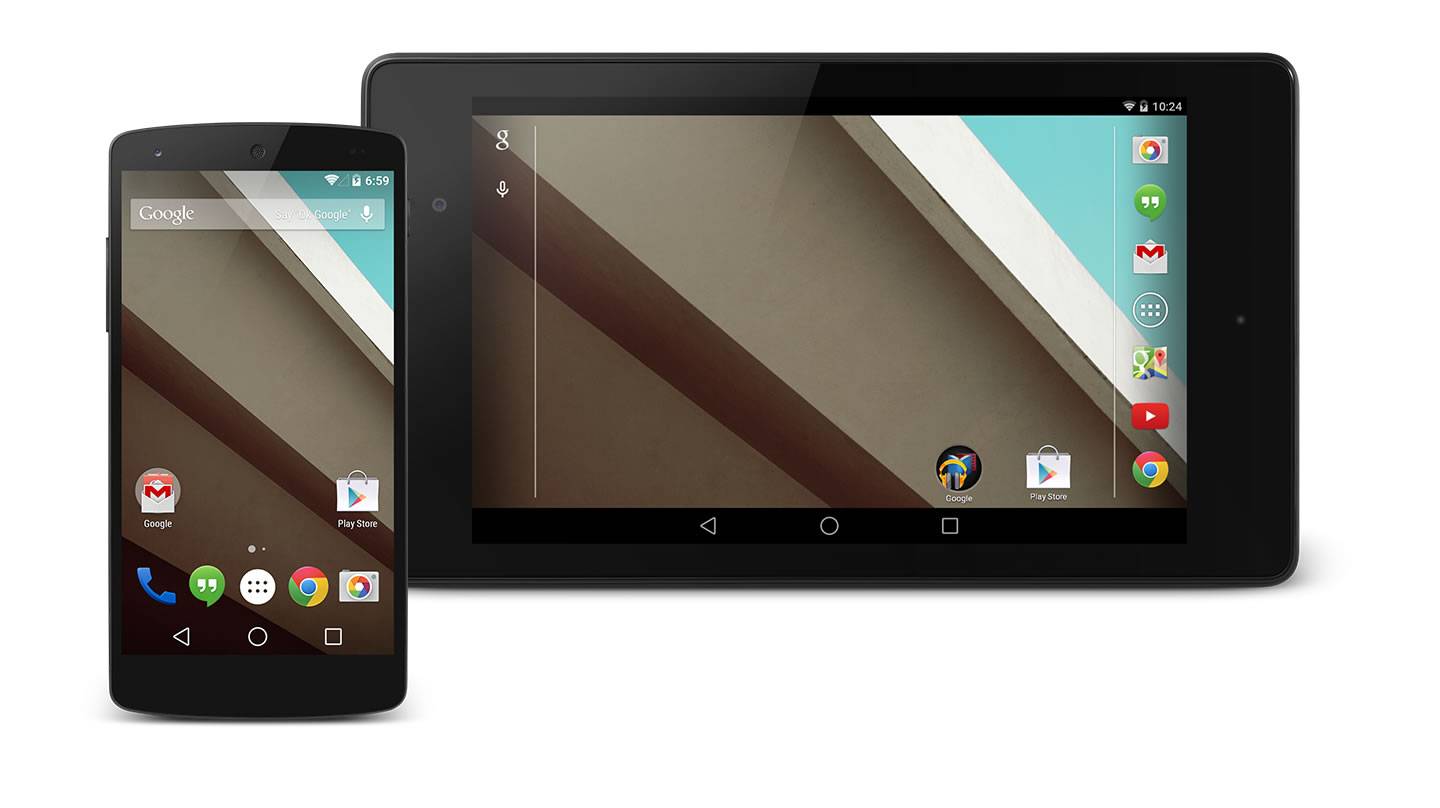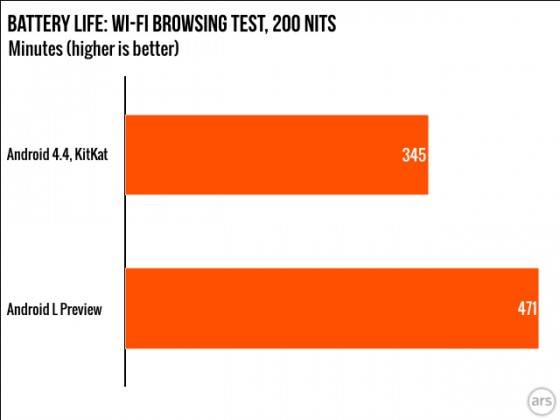
Hearing the name Project Volta brings to mind a hardcore metal band or a top-secret effect on the battery life defense project by the US Military. But the reality is much simpler, but also that important. It’s the codename for the Google team’s exhaustive project to test the upcoming Android L’s effect on the batteries of Android devices and ensure that it will not cause too much drainage.
One of the most important aspects of this project is the new API that they developed called JobScheduler. In their studies of the previous releases, they have found out that one of the things that contributes to battery drainage in gadgets is that waking it up for even just a second already burns two minutes of standby time. In order to lessen that, the JobScheduler, well, schedules together those not so important housekeeping jobs like database cleanup and log uploading. The OS will also not conduct network tasks when the device has no network connectivity. There is also the possibility of doing these housekeeping items only when the device is plugged in so that there won’t be any battery loss.
Battery Historian is another tool being tested out in Project Volta, and it is basically a battery stat tracker that puts all the data in a visualised chart that should make reading all the stats much easier. The analytics is helping the developers into tweaking Android L so that it will bring better battery life to devices that will be using it. Project Volta has also allowed the switch from Dalvik to ART, which compiles the apps once, instead of every time they are run, which takes up memory and battery as well.

The guys over at Ars Technica decided to try out their Android L developer preview on their Nexus 5 to check if the guys over at Project Volta really did their work. They found out that the new OS can give up to additional two hours of runtime. The preview also has a built-in “battery saver” that will lower brightness and cuts background activity to a minimum when the device hits 15% battery, but they didn’t use this during their test run, so the final Android L might be able to give users even more than two hours extra battery time.
VIA: Ars Technica









